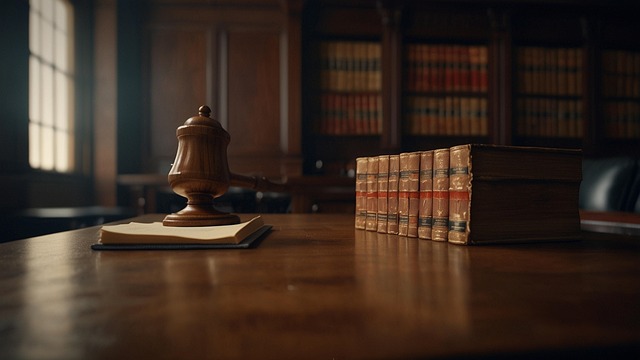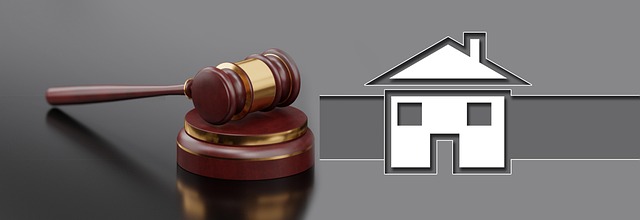Consumer protection laws safeguard individual rights in transactions, covering product safety, pricing, and marketing. In workplaces, these laws prevent violations like wage theft, discrimination, harassment, and deceptive advertising (Examples of Workplace Rights Violations). Understanding these protections is vital for both consumers and businesses, fostering accountability and positive working conditions. Legal actions against workplace rights violations (Examples of Workplace Rights Violations) can secure damages, deter unethical practices, and ensure fair employment standards.
Consumer protection suits are vital in ensuring fair business practices and safeguarding individual rights. This comprehensive guide delves into the intricacies of consumer protection laws, highlighting critical aspects like common workplace rights violations—a significant focus given numerous instances of unfair business tactics. We explore various scenarios, from understanding your legal defenses to successful case studies. Learn about the steps to file a suit and equip yourself with knowledge on protecting your rights against potential violations.
- Understanding Consumer Protection Laws
- Common Workplace Rights Violations
- Examples of Unfair Business Practices
- Legal Steps to File a Suit
- Protecting Your Rights: Case Studies
Understanding Consumer Protection Laws

Consumer protection laws are a crucial set of regulations designed to safeguard the rights of individuals when engaging in transactions with businesses. These laws cover various aspects of consumer interactions, including product safety, fair pricing, and honest marketing practices. Understanding these legal frameworks is essential for both consumers and businesses alike, as it empowers individuals to know their rights and hold companies accountable for any violations.
In the context of workplace rights, several examples of consumer protection violations can occur, leading to legal implications. For instance, misrepresenting product qualities or features, engaging in deceptive advertising, or failing to disclose material information are all instances where consumers may have recourse through these laws. Moreover, ensuring fair labor practices and adherence to employment standards is integral to the broader consumer protection narrative, as it affects the daily lives and well-being of workers within philanthropic and political communities. Achieving extraordinary results in legal cases involving workplace rights violations can often result from a thorough understanding and application of these protective measures.
Common Workplace Rights Violations
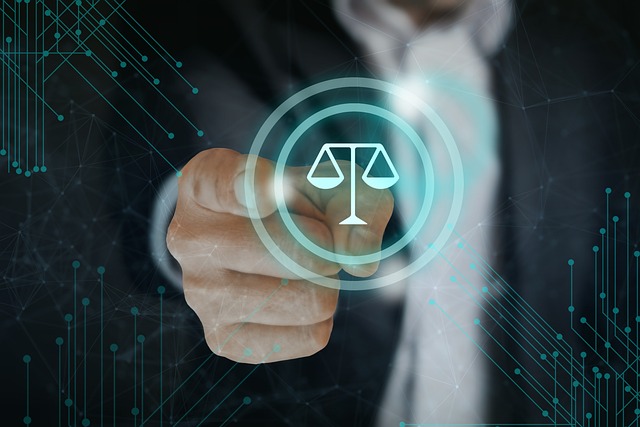
In the realm of consumer protection, understanding common workplace rights violations is paramount for both employees and employers. Examples of workplace rights violations encompass a wide range of issues, from unfair compensation practices to unsafe working conditions. One of the most prevalent violations involves wage theft, where employees are not paid the full amount they are entitled to for their labor, including overtime pay and minimum wage adjustments.
Another significant area of concern is discrimination and harassment. This includes racial, sexual, age, or disability-based discrimination, as well as retaliation against workers who exercise their rights. These violations can lead to emotional distress and, in severe cases, physical harm. For instance, a general criminal defense attorney might be involved if an employee faces false charges in retaliation for filing a complaint about discriminatory practices, with the possibility of a complete dismissal of all charges if the allegations are proven unfounded. Jury trials are also an option for workers seeking justice and compensation for such violations.
Examples of Unfair Business Practices

Unfair business practices take many forms, often targeting consumers vulnerable to manipulation or deception. Common examples include misleading advertising, where companies make false or exaggerated claims about their products or services; and deceptive sales tactics, such as high-pressure sales pitches or hiding essential costs. Another insidious practice is the use of fine print to conceal important terms or conditions, leaving consumers unaware of their rights or obligations. These tactics can result in significant financial losses for individuals and families, making consumer protection suits crucial in holding businesses accountable.
Beyond individual cases, Examples of Workplace Rights Violations also fall under the umbrella of unfair business practices, especially when they involve white collar and economic crimes. This includes discrimination in hiring, promotion, or compensation based on race, gender, or age; violation of labor laws concerning overtime pay, minimum wage, or unsafe working conditions; and fraud or embezzlement by corporate officers. These high-stakes cases often involve complex legal issues and can have substantial financial and reputational impacts on both corporate and individual clients.
Legal Steps to File a Suit
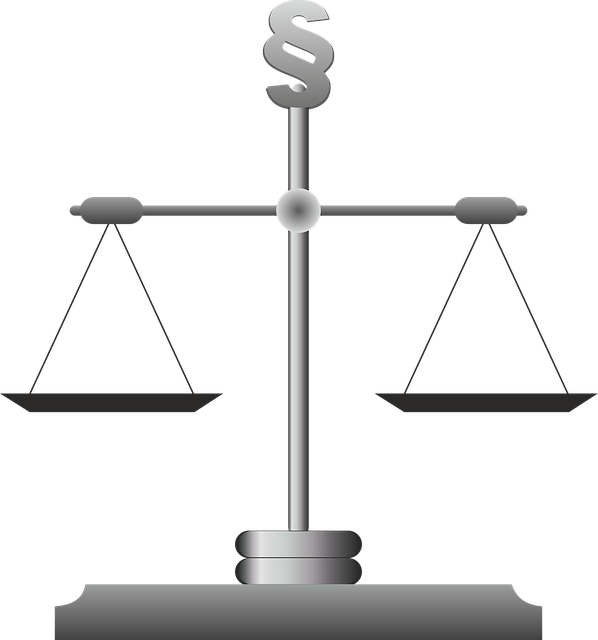
When considering legal action for consumer protection suits, understanding the steps to file a claim is paramount. The first course of action is to identify potential violations of workplace rights, such as those protected by federal and state laws. Examples of common violations include discrimination, harassment, unfair labor practices, and non-payment of wages. Once these violations are identified, individuals should gather evidence, including any relevant documents, emails, or witness statements that support their case.
The next step involves selecting the appropriate legal venue. Depending on the nature and scope of the violation, filing in state or federal court may be more suitable. It’s crucial to ensure the claim aligns with jurisdiction rules. For complex cases, consulting with an attorney who specializes in consumer protection law is advisable. They can guide both corporate and individual clients through the process, helping to avoid indictment and fostering a stronger case, ultimately enhancing their chances of a favorable outcome, whether through settlement or jury trials.
Protecting Your Rights: Case Studies
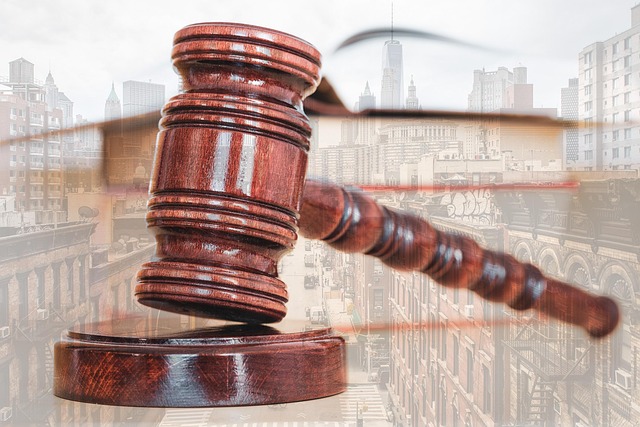
When it comes to consumer protection, understanding your rights is paramount. Case studies illustrate powerful tools for safeguarding against violations that may go unnoticed or unaddressed. For instance, a recent case involved a company misleading consumers about the true origins and quality of its organic food products. This deceptive practice not only harmed customers’ health but also violated their right to accurate information. Through diligent legal action, the victims achieved extraordinary results, securing damages and preventing similar white-collar defense tactics in the future.
Another compelling example highlights workplace rights violations. Employees have the right to a safe and fair work environment, free from harassment or discrimination. When these rights are infringed upon, as seen in several notable cases, legal action can lead to significant changes. By exposing unethical practices and securing justice, these suits not only protect individuals but also send a message to businesses, deterring future violations and ensuring everyone’s rights are respected, avoiding indictment for their actions.
Consumer protection suits are a vital tool for ensuring businesses uphold their responsibilities and respect individual rights. By understanding relevant laws, recognizing common violations like those detailed in examples of workplace rights violations, and taking proactive legal steps, consumers can protect themselves and foster fair business practices. The case studies presented offer tangible examples of how these protections can be enforced, serving as a reminder that everyone has the right to fair treatment and justice.




